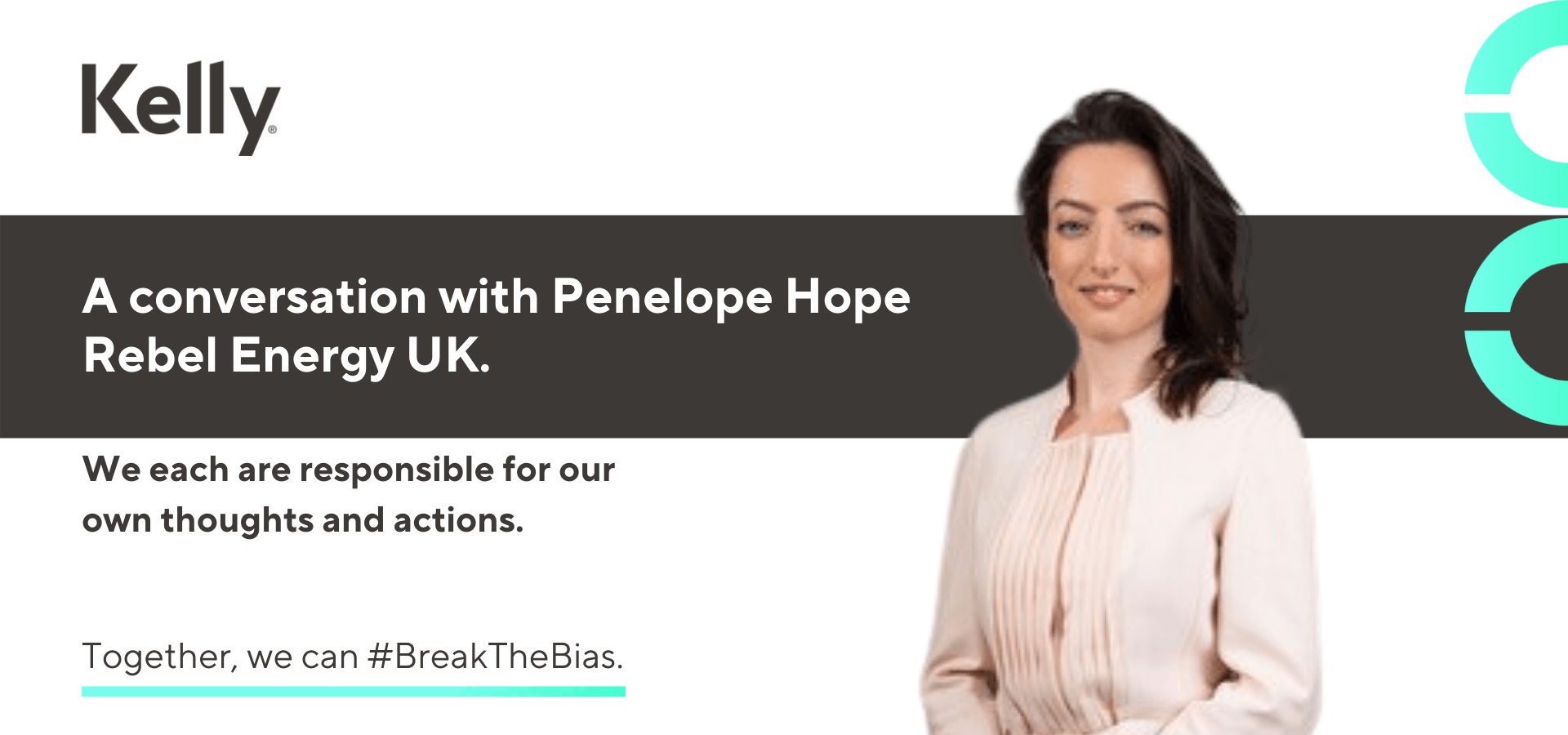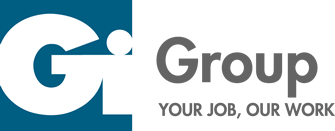Breaking Gender Bias in STEM disciplines.

Charge me with unconscious bias because I am admittedly guilty! I’ll put my hands up and say that as a 20-something marketing executive, raised in a typical middle-class family, I sometimes make snap judgements and assessments about people and situations. Am I alone? Research shows that unconscious biases (also known as implicit biases) exist in everyone. The difference between us, is how we manage and learn from them.
The theme of International Women’s Day 2022 is #BreakTheBias. To open the conversation about the presence of unconscious gender bias in Science, Technology, Engineering and Mathematic (STEM) disciplines, I caught up with Penelope Hope, Co-Founder of Rebel Energy UK. Rebel is an energy supplier with a social mission to end fuel poverty, using 100% renewable energy.
Knowing that Penelope had progressed from a finance and investment background into a co-founder role at Rebel Energy; ideas about how her career may have panned out so far captivated me. Did she embody the early-2000’s postfeminist career woman? You know, the stiletto wearing, 24/7 phone holding workaholic, who had finely mastered the art of multitasking? Or was she the hard-hitting factual leader whose power was both fascinating, yet intimidating? As you can see, without ever having spoken to Penelope, the pre-conceived notions I had about female leadership forced her to sit within certain categories in my mind.
As my research on the topic of biases began, I realised the implications that such conceptions may have on a woman. I can confirm that as Co-founder of Rebel Energy, Penelope is the ultimate personification of the organisation; eager for change and ready to challenge societal norms.
Given that the evolution of female leadership occurred so much later, I wondered if our unconscious biases encouraged us to expect the same style of leadership from women as we traditionally had from men? In addition, do we attach our female leadership expectations to that which we have been exposed to throughout our lives?
Penelope enabled my understanding when she stated, ‘sadly I think that to compete on a level playing field as a woman - you still have to be much better than the average man’. At the outset of her career, Penelope admittedly adopted a façade which she believed was more professional. When asked why this was necessary, she said, ‘in the professional sphere I noticed men gaining social ‘points’ for humour or charisma, whereas women exhibiting the same characteristics might be considered eccentric, even hysterical. I wanted to be recognized for my business acumen’.
From the investment turndowns of her past to her present position which she describes as ‘someone who has failed their way to success’, I was eager to discover what had shaped Penelope’s leadership style and how she escaped the pressures to hide her personality. Penelope revealed that this shift was something that came with time and confidence. She learned that by revealing her true character, personality and ideas, others around her felt encouraged to do the same.
Penelope referred to the fact that ‘when we're operating from a position of freedom, it gives other people permission to be liberated too’. As an outsider looking in, it seems as though gender biases become weakened through chain reactions. In other words, people see, people do.
Penelope went on to mention how we can truly unlock the power of female leadership. She described the cultural perception of women as ‘more emotional, therefore less rational and less trustworthy’. However, we discussed how this is a bias of what emotionality is. Penelope says: ‘emotions are to be harnessed and not feared. Alongside the ability to feel is the ability to intuit the needs of others, or of a given situation, to make positive progress’. She went on to say, ‘I’d like to see us grow our workplaces in such a way that the culture accommodates that’.
Perhaps our societal reliance on the adoption of external leadership norms, means that we have barely scratched the surface of true female capability? Penelope mentions how ‘a better understanding and appreciation of the intrinsic qualities of the female sex’, could lead to greater success in the workplace.
This sweet spot here is about finding balance. Ensuring that the level of male and female employees hired is relatively equal, will improve the recruitment and reputation of an organisation. Not only that, research shows that companies with a level of 30% female leadership hold an average 15% increase in profitability. Some of the additional benefits women bring to the workplace include enhanced market share and accelerated business growth. Without unlocking the benefits attached to female intrinsic values, it seems like the industry could be missing out on serious opportunity.
I asked Penelope for the advice she would give to men and women in the workplace to assist with the issue of gender biases. She said, ‘I think that men do well when they ask questions of women, but they also do well when they ask questions of other men who are doing well with women, so I'd recommend speaking to our CEO Dan Bates and our former Head of Commercial Projects, Seb Fox’. For both men and women, appointing a mentor in the workplace that is ‘enlightened’ about gender balance, will be beneficial to ensure that biases are discussed and managed appropriately.
Research shows that companies with greater diversity do better with innovation. So, the question arises, where do the biases which halter diversity begin? In a recent research study, over 50% of women noted that their time at school was the most influential in their decision to pursue a career in STEM. Are there enough relevant female role models in schools to encourage girls to opt for STEM related disciplines? Penelope mentions how ‘schools have a lot to answer for in terms of shaping young people’s thinking. I’d like to see education go beyond the narrow confines of academia and into the broader horizons of life - ultimately that’s what builds the best leaders’. It’s clear that external influences have a big impact. Perhaps inviting female leaders across all industries to speak at schools and universities may positively impact the view of leadership and reduce the unconscious biases attached to female leadership in youths.
From an early age, properly educating society about how biases can be identified and challenged, as well as enabling men to remove the obstacles women face, will greatly enhance the success of organisations. Luckily - Penelope and I, along with countless others, identify the gender biases within the STEM disciplines; a sign that things are changing. Opening the conversation, allows us to begin dismantling the stereotypes and prejudices in the sector. So - the task for us now is to continue these conversations and to discover how we can eliminate the biases for females in STEM. In doing so, we will encourage more women to work within these disciplines and develop a gender equal sector which is happier and more productive for all. We each are responsible for our own thoughts and actions, so let’s use them to inspire positive change.
At Kelly, we are playing our part to create a better tomorrow. Click here to find out more about our social responsibility initiatives. If you want to get involved in future Women in STEM articles, click here to get in touch with a member of our team today.





